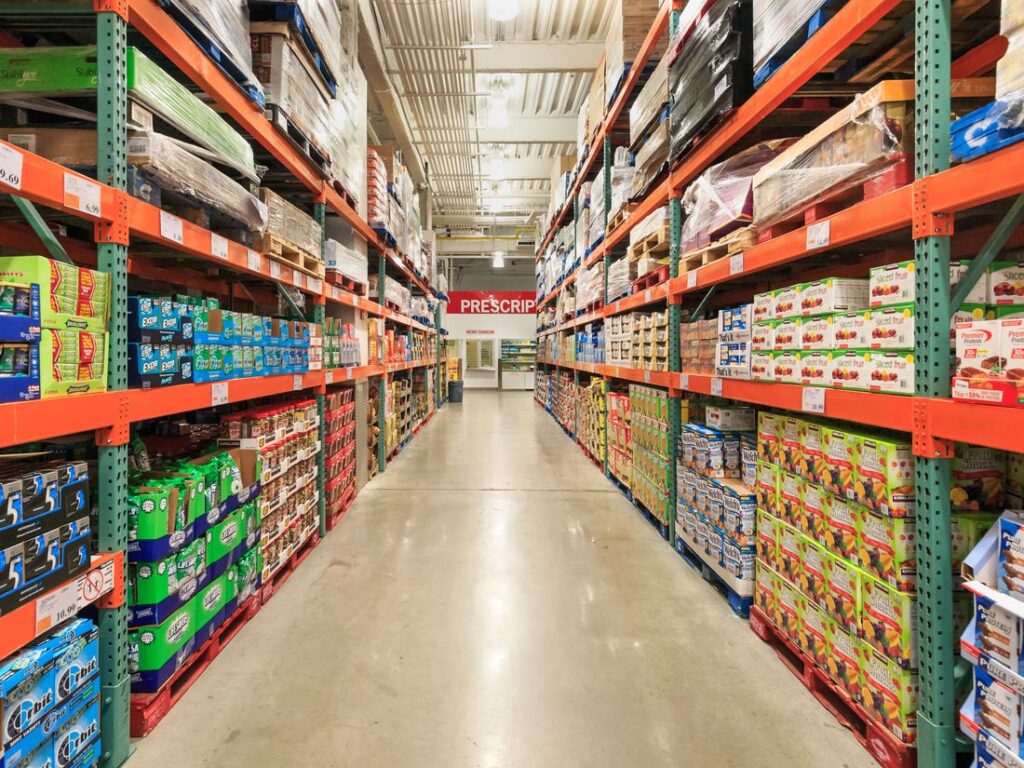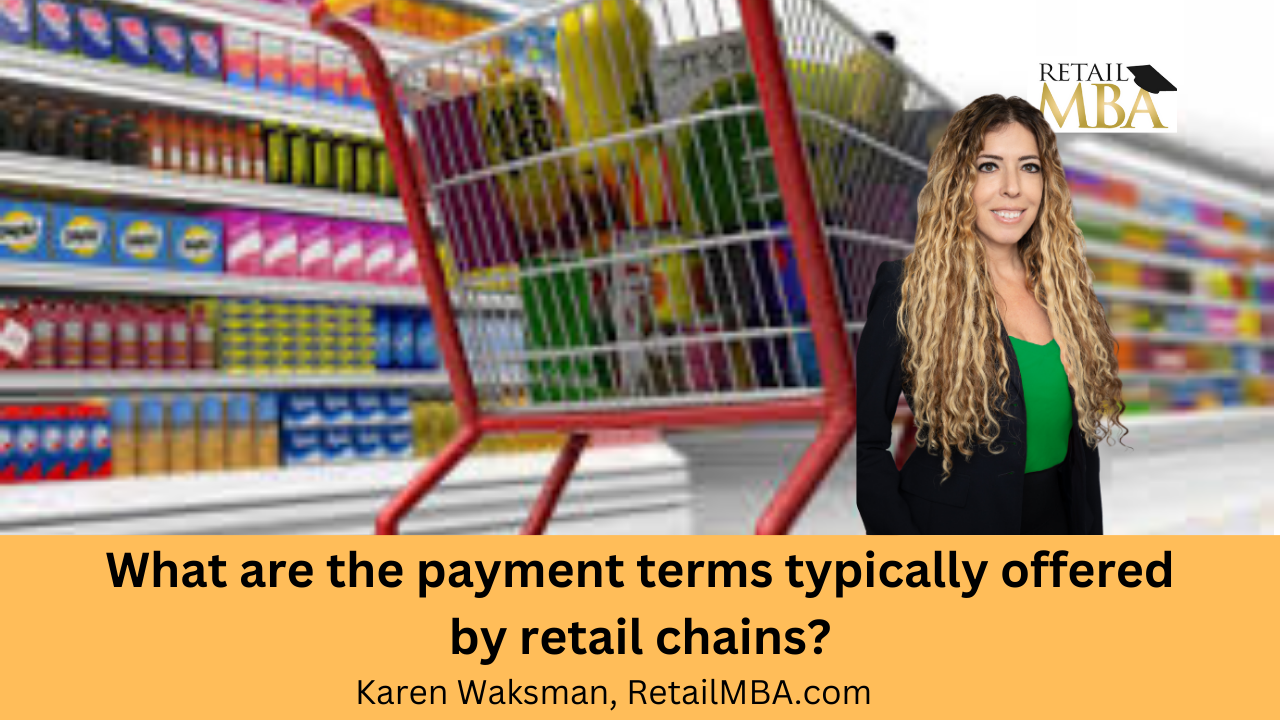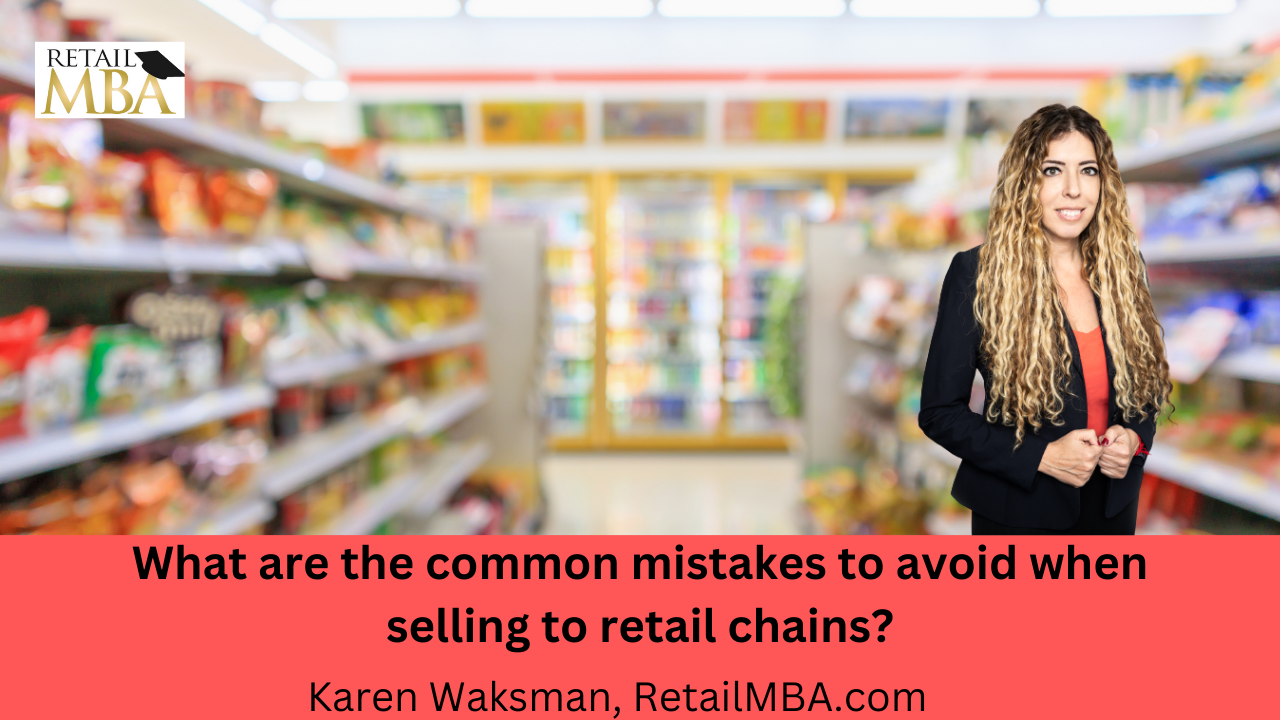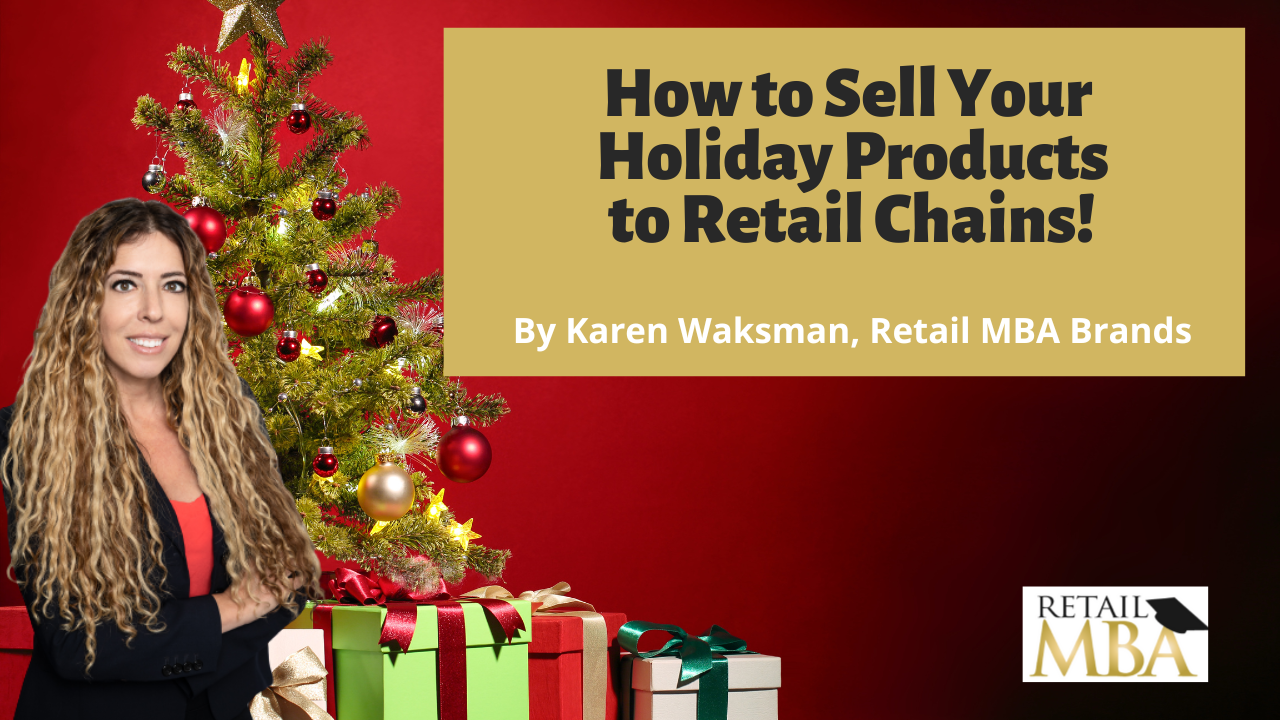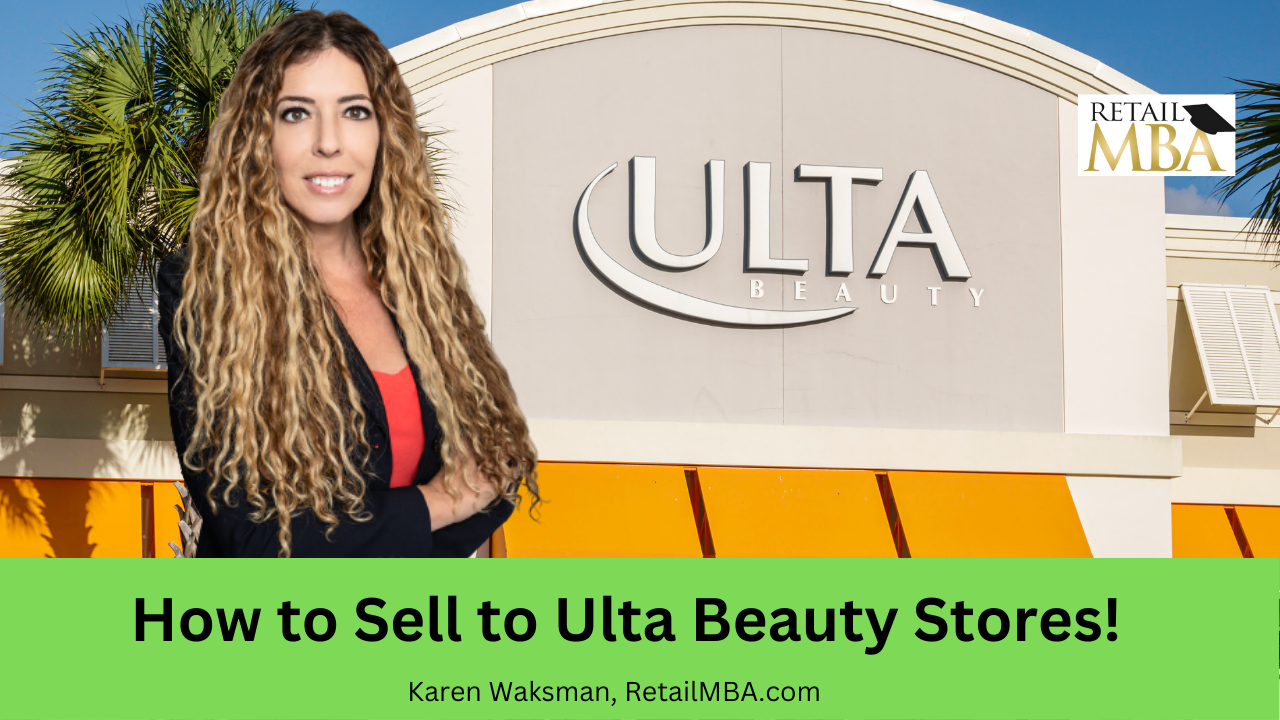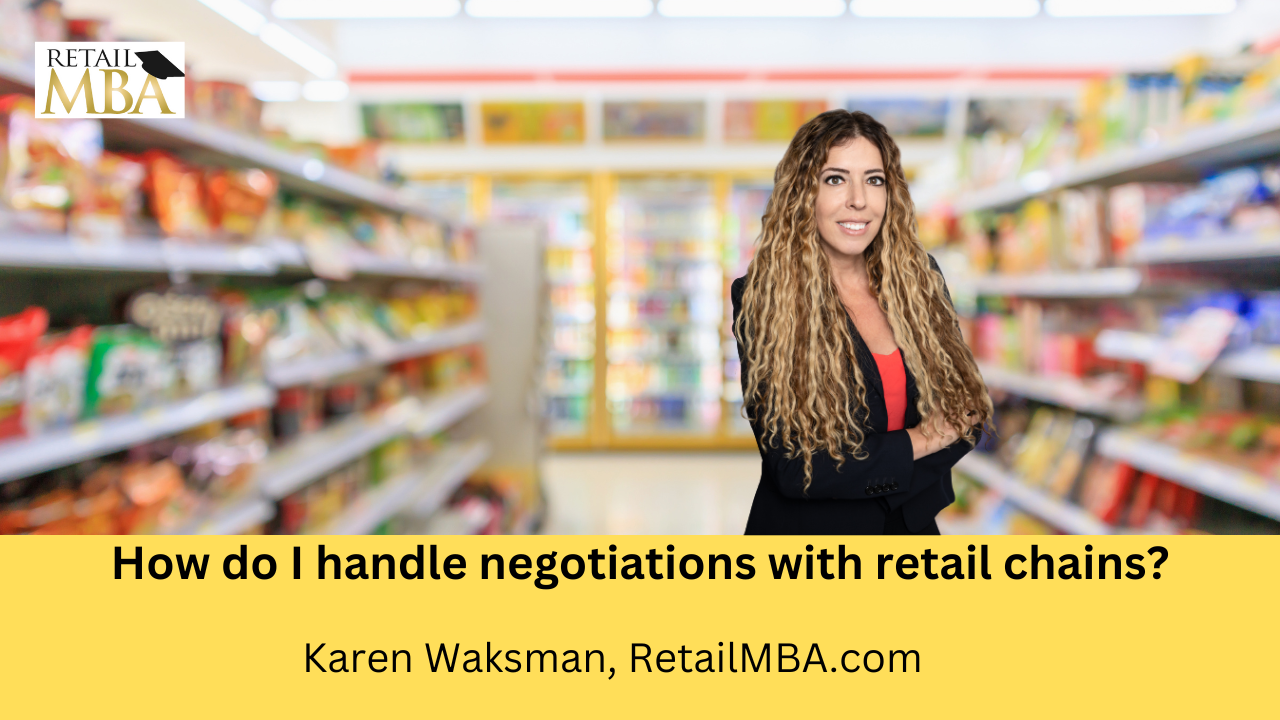Food Distributors

Food Distributors Balance Supply and Demand
Food distributors serve to balance supply and demand by connecting retailers with an expansive product selection. Furthermore, they have the infrastructure required to design and distribute marketing materials for manufacturers.
Foodservice distributors play an invaluable role in providing large establishments like shopping malls, restaurant chains and schools with their food needs and accessories. Without direct manufacturer involvement in selling direct to these businesses, these establishments rely on foodservice distributors as an intermediary to acquire all their necessities.
Food Brokers
When it comes to bringing new food products to market, many businesses turn to a food broker as an intermediary to facilitate this process. Food brokers are independent sales and distribution professionals who assist food manufacturers launch, manage, and expand their product offerings into food wholesalers and retailers.
Food brokers can be an invaluable ally to small business owners, freeing up time for production and other core functions by freeing up an internal sales team’s time to focus on production and sales activities. By working with a food broker, producers or small companies can quickly and affordably get their product out to key industry buyers.
Food brokers play an invaluable role in both retail and foodservice marketplaces by introducing new CPG brands to buyers while simultaneously working with stores to promote and sell them to customers. They do this through various methods, including organizing in-store promotions such as product sampling and demonstrations, acting as brand cheerleaders and increasing its visibility to consumers.
As a small producer or manufacturer, working with a broker may be more cost-effective than employing full-time company salesperson who may earn both a base salary and receive costly company benefits such as health insurance. Furthermore, since brokers work on commission basis they may be more accommodating when setting fees to represent clients’ products.
Food distributors play an essential part of the food and beverage supply chain. Their role includes warehousing goods for retail sales as well as ordering them and transporting them. Services provided by these vendors typically also include providing promotional support to retailers and assisting with product recalls. As was seen during the Covid-19 pandemic, many distributors provided additional support by redirecting product from infected manufacturing plants away from retail shelves in order to keep stores from experiencing disruptions. Marvell Foods worked with many food manufacturers during this critical time to collect and redirect unsellable product that had become unavailable due to a production drop-off, thus saving these brands money and helping them maintain some revenue stream during a critical period.
Broadline Distributors
Many restaurant owners work with multiple suppliers to obtain all of the ingredients they require for their restaurants. A good food distributor should be able to provide everything from proteins, dry goods and disposables on one truck, making them an efficient one-stop-shop solution for operators looking to reduce vendor management workload.
Broadline distributors specialize in offering an assortment of foodservice products for all kinds of operations, and are the most common form of distributor. As their name implies, broadline distributors provide products across a broad spectrum for foodservice businesses of various types and can typically offer volume discounts and price incentives to larger buyers. In addition to these discounts and incentives, broadline distributors may also provide value-add services like inventory management and consulting to their clients.
Some broadline distributors operate their own warehouses while others use cross-docking to store and transport smaller shipments of product. They may also provide marketing materials and menu design assistance that attract new consumers or keep existing ones coming back for more.
When selecting a broadline distributor, look for one with an impressive track record and dedicated customer service team who are willing to go above and beyond for you and your business needs. In addition, check their wholesale licenses, industry certifications, awards as well as testimonials.
Foodservice distributors play an essential role in keeping their product lines current by constantly adding and eliminating products, ensuring quality, variety, and innovation for their clients. Broadline distributors may be ideal solutions for restaurants looking to stay abreast of current trends while giving themselves an edge against competitors.
Foodservice redistributors are an unconventional type of broadline distributor who work closely with other food service distributors and suppliers to purchase, sell and move their products more quickly while decreasing waste due to expiration dates. Furthermore, they often offer better pricing than their rivals due to lower overhead costs.
Specialty Distributors
Food distributors are an essential element of the food service supply chain. These companies orchestrate food delivery from producers and processors directly to restaurants, chefs, cafeterias, hotels and hospitals – with some exclusively working with large foodservice operators, others specialising in working with smaller regional operators or niche products.
Foodservice distributors can bring many advantages to a small-to-medium-sized business, but selecting the appropriate distributor is critical to your success. You have limited resources and budget at your disposal, but your goal should be to form long-term relationships with food distributors who will help promote your brand, locate new product opportunities, provide sales data analysis for market research purposes, assist with logistics quality control requirements and inventory needs, etc.
As you assess food service distribution companies in your area, start by visiting their websites. This will give you an idea of their culture and philosophy; additionally, speak to other food operators for feedback regarding distributors they’ve worked with in the past.
Assess the company’s product selection. Ideally, work with a distributor who offers food and beverage items that your customers prefer ordering; this means offering an extensive portfolio of reputable national and international manufacturers.
Be sure to assess a company’s warehousing capabilities as well. Storing food can be expensive and time consuming; some distributors choose foodservice redistributors instead to purchase less-than-truckload (LTL) quantities from various manufacturers and store it themselves before selling to individual distributors within their regions.
One important consideration when selecting a food distributor is their customer service. Foodservice operators today expect personalized attention and an easy ordering process; additionally, they want to feel comfortable asking any necessary questions or communicating directly with their food distributor after signing on the dotted line.
Food Redistributors
No matter the type of food distributor, all are integral links in a chain that connects producers with consumers. Their distribution services play a crucial role in providing people access to what they need at stores and restaurants alike.
Food distributors specialize in transporting food and related items (such as plates and cups) from manufacturers directly to eateries, restaurants, chefs, hotels, schools, convenience stores cafeterias or any other venue that specializes in food preparation or serving. Furthermore, most food distributors provide additional services that help manufacturers market their product to potential buyers.
Food distributors with excellent relationships with large retailers can give manufacturers an advantage when breaking into new markets. Unfortunately, however, larger distributors may be impersonal and may not work well with smaller brands or specialty items.
Smaller food service distributors tend to work closely with a select few restaurant chains or larger retail locations in order to provide products they require for their customers. Furthermore, they can streamline purchasing, delivery and billing so as to make life simpler for customers while decreasing out-of-stock rates as only one Partner needs to be managed at any one time.
Some smaller foodservice distributors operate as cash and carry businesses, meaning they don’t deliver goods directly to their customers; instead, they maintain warehouses where foodservice operators can visit to collect wholesale products right before leaving the warehouse. This approach is especially helpful for smaller foodservice operations that don’t have the volume to purchase products from larger broadline or specialty distributors.
Food manufacturers may worry that adding another distributor to their supply chain will raise prices; however, this often is not true. A top foodservice redistributor will collaborate with manufacturers on programs like rebates, shelter payments, food shows attendance allowances and DSR spiffs that benefit both parties, enabling distributors to sell product at same pricing as directly purchasing from manufacturer.
Step-by-step training on how to sell to retail chains!
We explain exactly how to do that and how to get started today. I’ve taught over 100,000 of companies over the years across the globe on how to get your products to the stores. And so we’re here to support you. Or please subscribe to our Youtube channel and or be on the lookout for additional training that we create.
We are here to expedite the process of generating revenue with your physical products and that’s what we’re all about. Take a look at our advanced training, live events, certification programs and so much more.
In this training, I will discuss some of the things to think about when approaching a retailer to sell your products and become a vendor. Hope it helps! 🙂
Karen Waksman,
Retail MBA
Questions? Contact Us!
1-855-Retail-2 (Call or Text)
Email: info@retailmba.com
Retail MBA provides a step-by-step formula on How to Sell to Major Retailers, Online Retailers, Smaller Retailers, Catalogs and More. No Experience Required! These solutions continue to convert for clients year-over-year! These are Time-Tested and Proven Strategies that we utilize ourselves when going after stores! Everything we teach, we test. Want access to these formulas? ANY one of our programs and coaching systems gives you access to them now. With that said…
Here are 5 Easy Ways to Work with Us:
1) Free Training – If You Would Like to Join Our Next FREE Webinar Training Called “Retail Chain Store Secrets – How to Sell to Major Retail Chains. No Experience Required” Then Sign Up NOW To Learn All About Selling into Retail Chains By Clicking Here!
2) Retail MBA Year Long Coaching and Training System – Our Year Long Coaching and Training System with Karen Waksman is POWERFUL! This is our most popular training and coaching system! We walk you through how to approach, pitch and sell to retail chains and we coach you along the way! Join us by Clicking Here!
3) Masterclass Intensives – Want to Join our Next 4 Week Elite Retail MBA Masterclass Intensive? These Intensives Are EPIC for people who Love Fast Paced Learning – Homework, Retail Coaching, Developing Your Strategy, Buyers Contacts and More! These Events Are Held Every Quarter. Join us by Clicking Here!
4) Done-for-You Program – If You Want Karen Waksman and Her Team to Reach Out to Your Top Dream Retail Chains On Your Behalf – And You Have a Retail-Ready Product, Check Out our Epic Done-For-You Service by Clicking Here!
5) In Person Events – If You Want to Learn LIVE and Meet Karen Waksman in Person at Our Next “America’s Next Retail Product: LIVE Event with Other Like-Minded Individuals in Beautiful San Diego, CA! We Would LOVE to Have You Join Us by Clicking Here!

Check Out Our Additional Blog Posts Here:
Retail Terms
Retail Terms – What are the payment terms typically offered by retail chains? Click Here to Learn More!
Retail Vendor
Retail Vendor – What are the common mistakes to avoid when selling to retail chains? Click Here to Learn More!
How to Sell Your Holiday Products to Retail Chains
New Training on How to Sell Your Holiday Products to Retail Chains
Ulta Beauty Vendor
Ulta Beauty Vendor – How to Sell to Ulta Beauty Stores. Click Here to Learn More!
Retail Strategy
Retail Strategy – How do I handle negotiations with retail chains? Click Here to Learn More!
